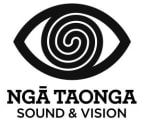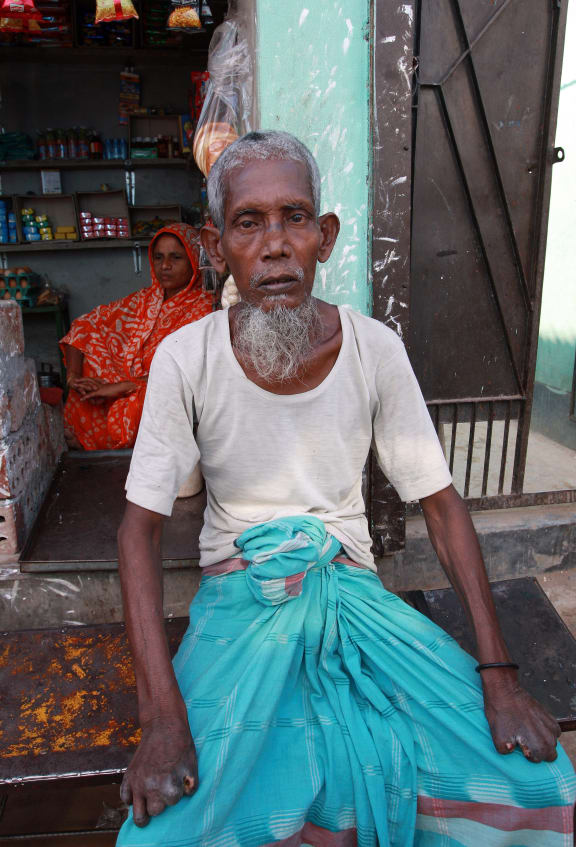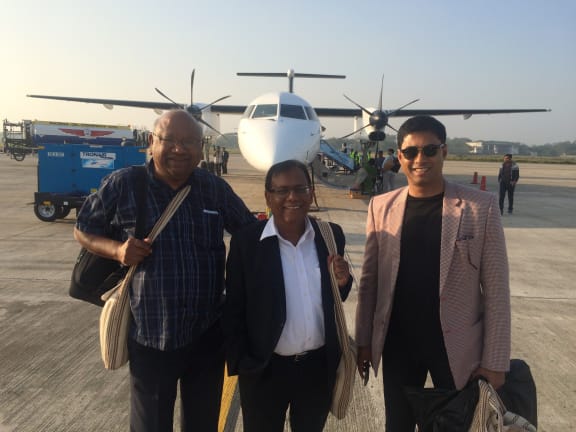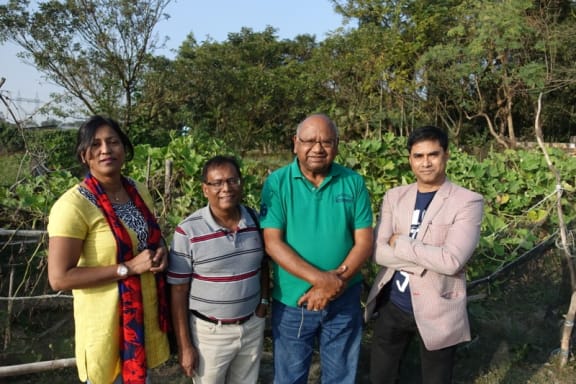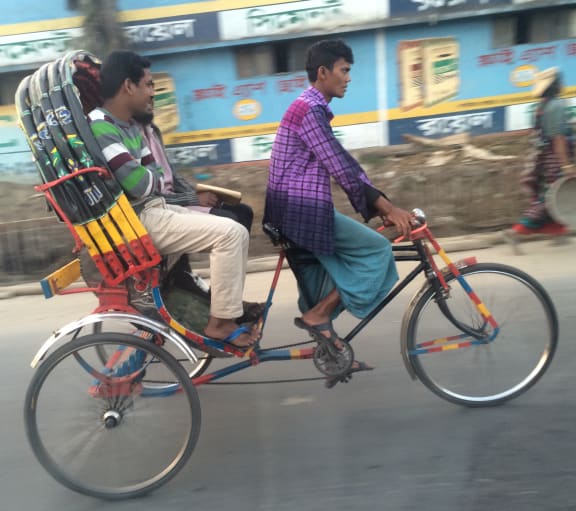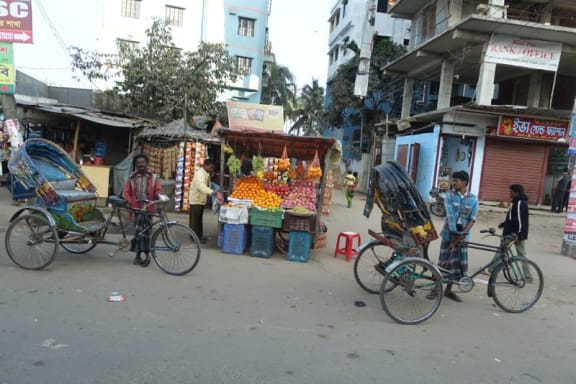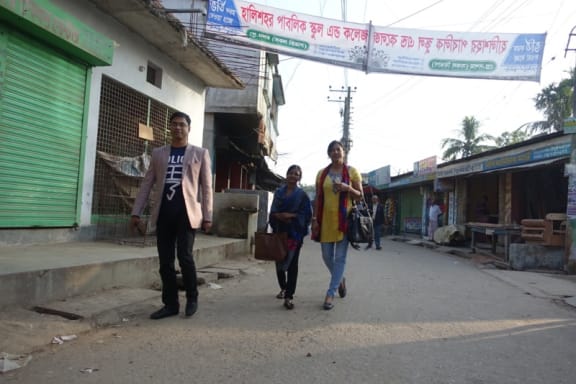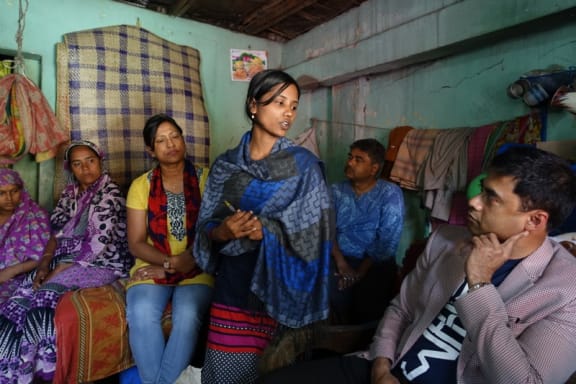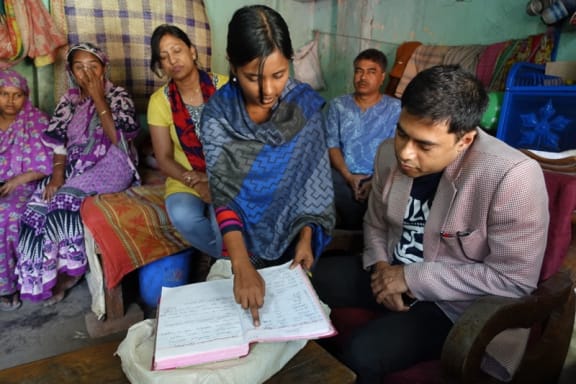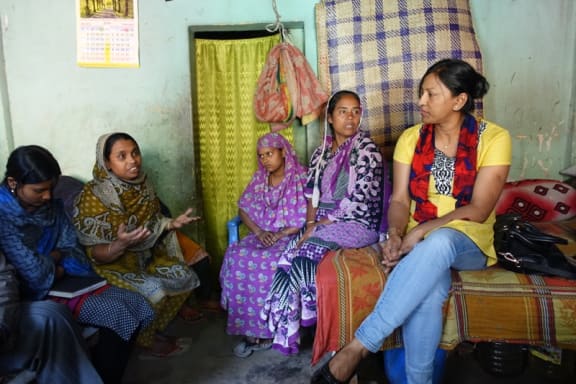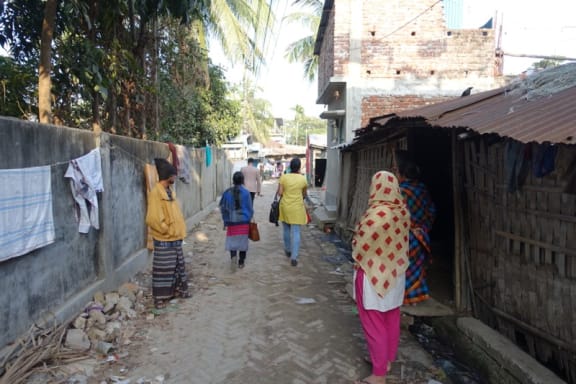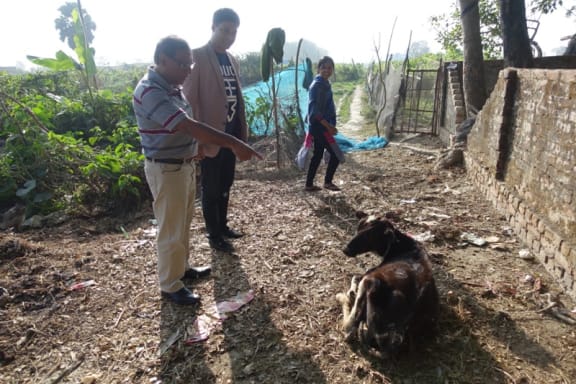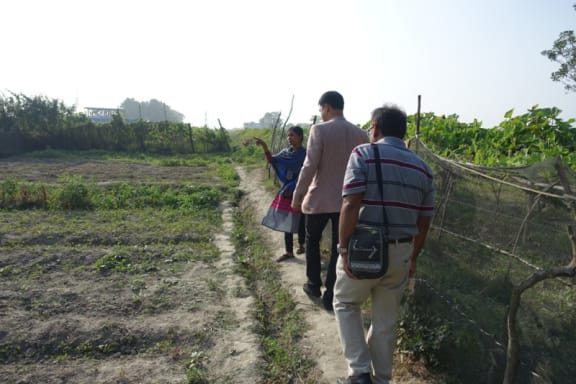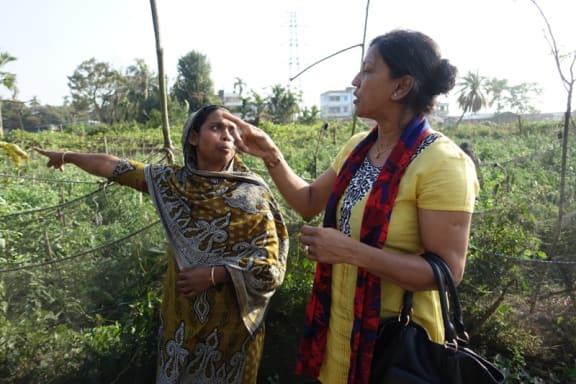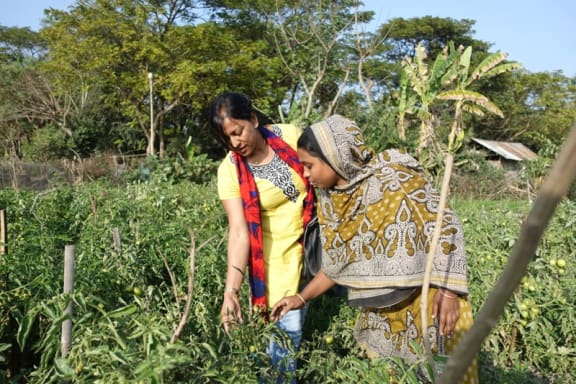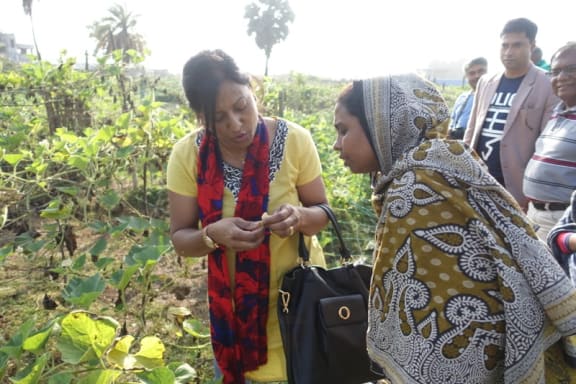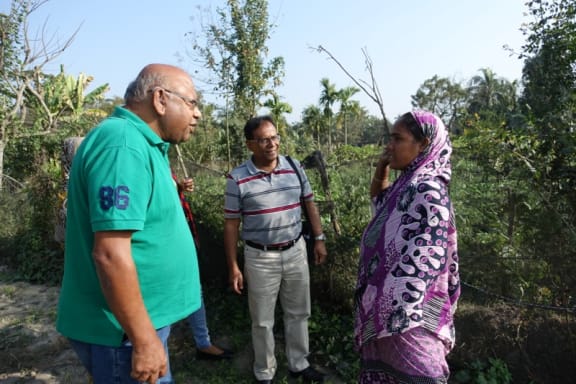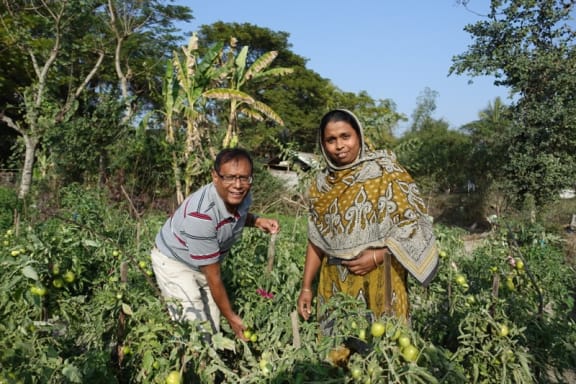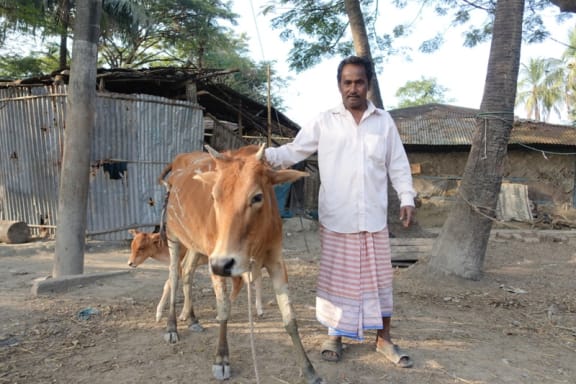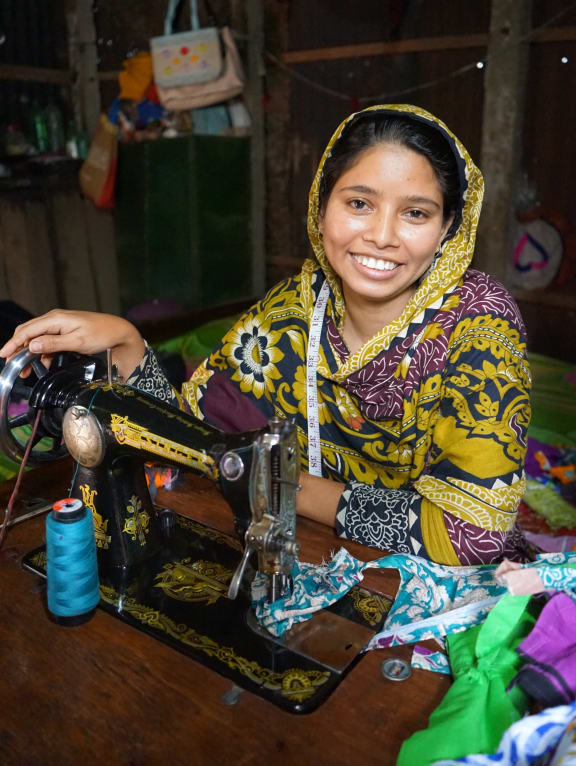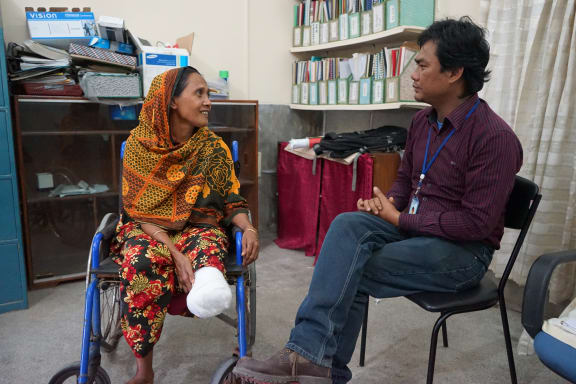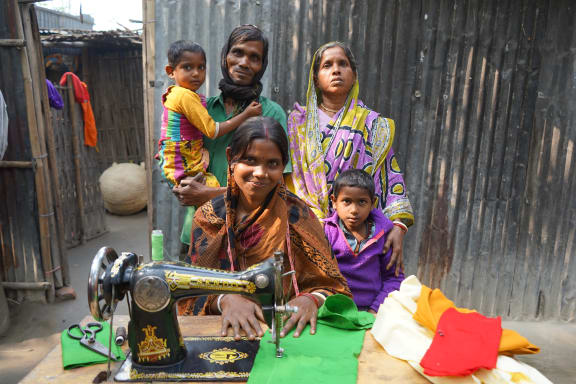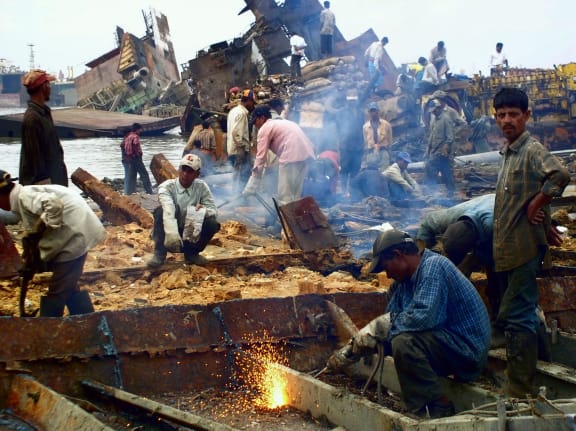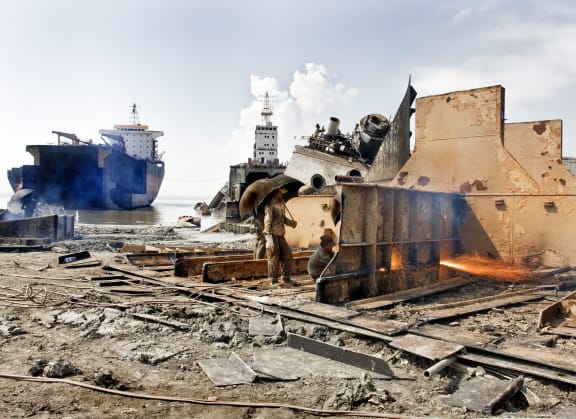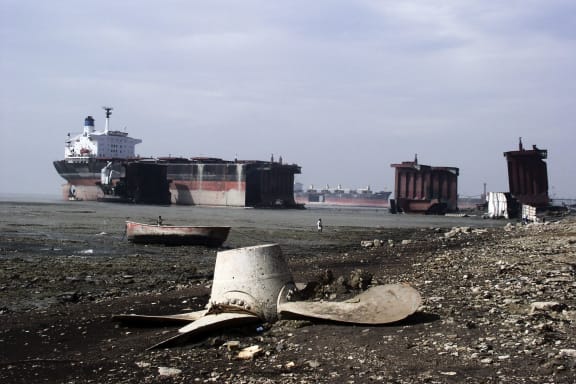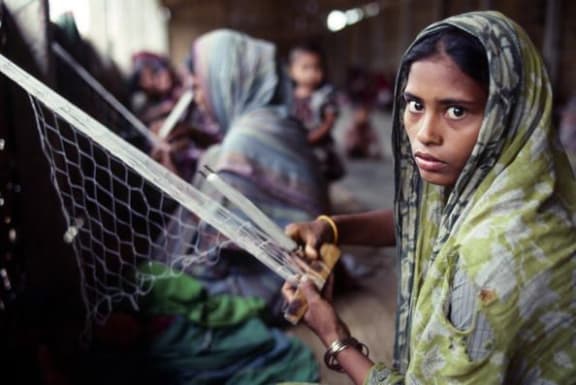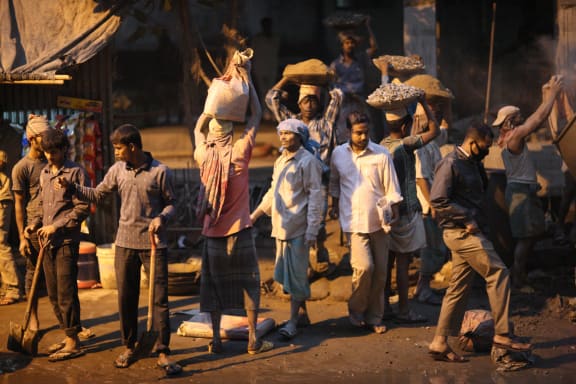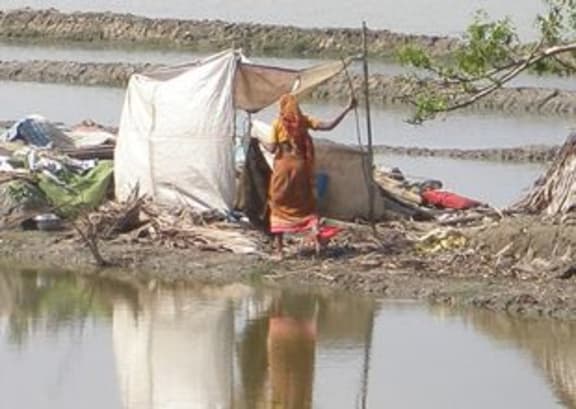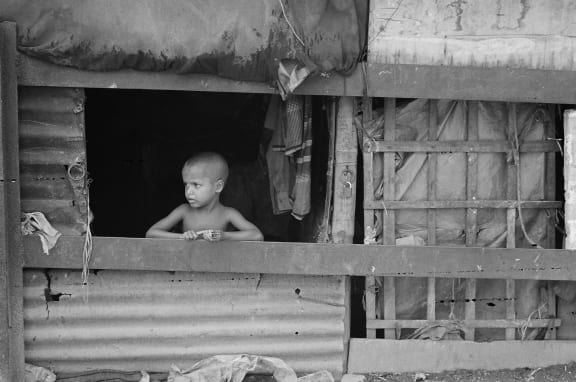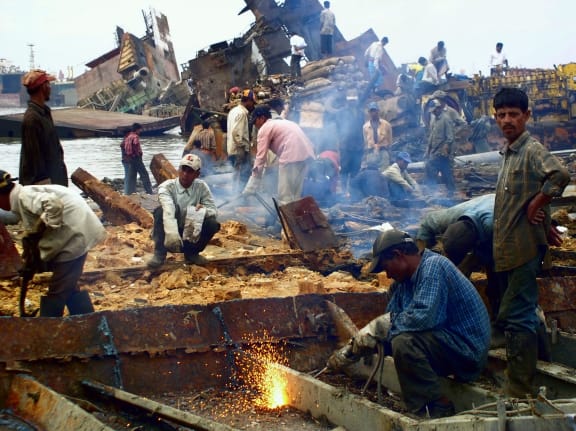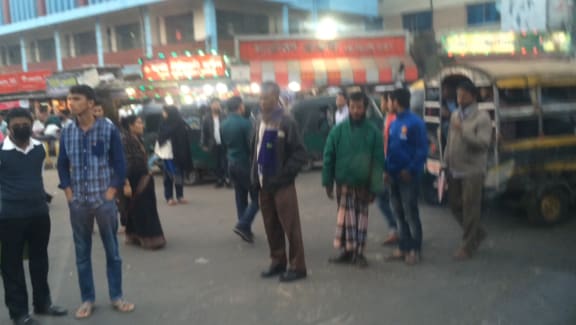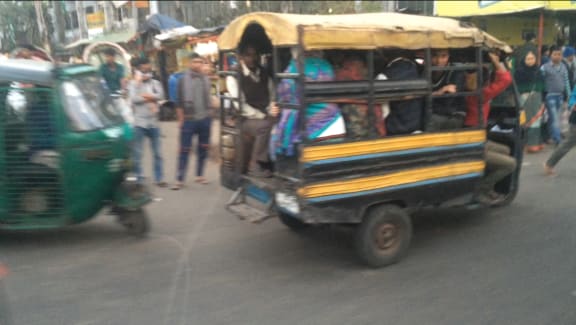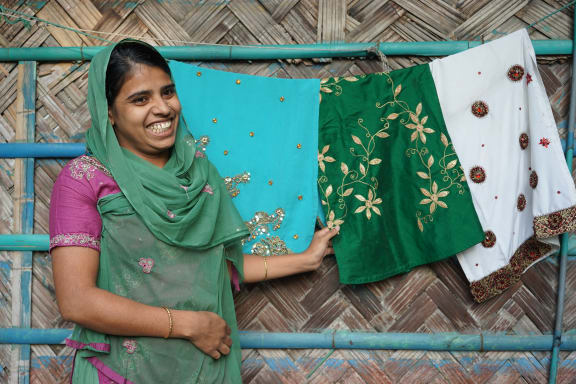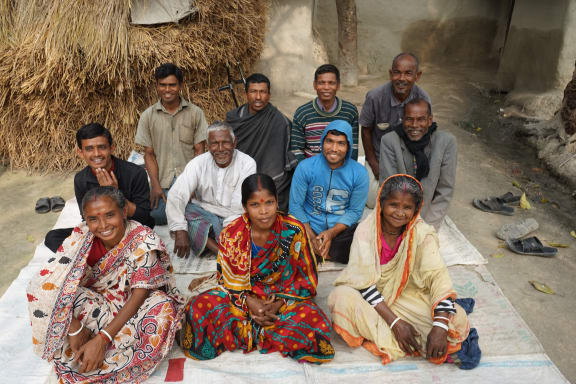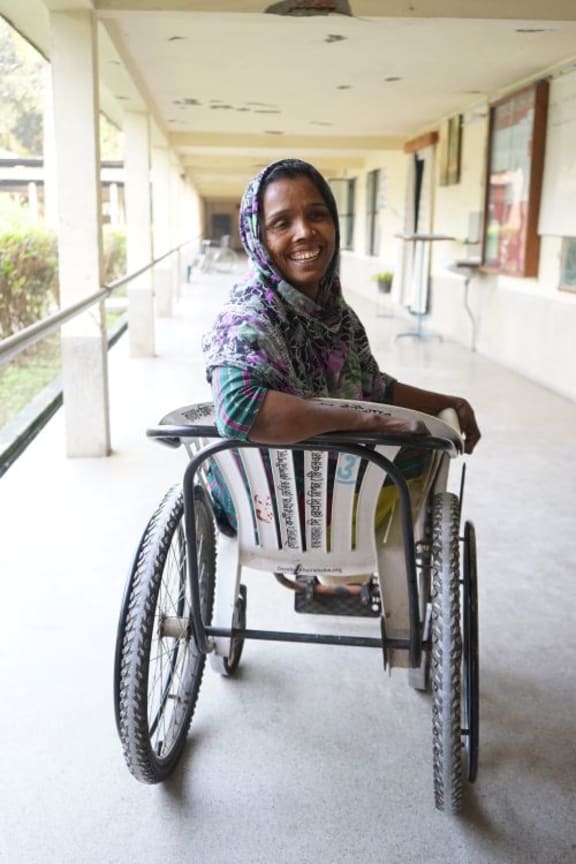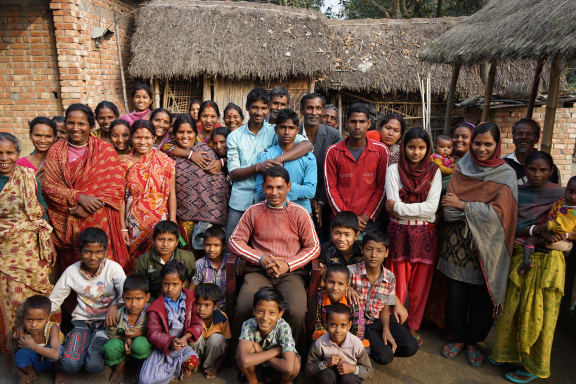Bernard Gomez is no stranger to the annual flooding disasters facing Bangladesh, his home country. He was interviewed by Geoff Robinson during his work there for World Vision in 1998 but on January 22, 2016 Bernard’s mission that has seen him travel back there is very different.
Annual flooding disasters in Bangladesh causes more than widespread homelessness, diseases follow and the repercussions that result can cripple already vulnerable communities in third world countries.
Leprosy (also known as Hanson's Disease) is an often stigmatised and misunderstood disease caused by a bacterium that attacks nerves in the hands, feet and face. One of the oldest diseases known to mankind, if left untreated, leprosy can affect the peripheral nerves and cause the fingers and toes to claw inwards.
It’s a disease of poverty. According to The Leprosy Mission New Zealand (LMNZ), there are around 5 million people affected by leprosy around the globe, with thousands afflicted in Bangladesh every year.
Bangladesh is one of the poorest and most densely populated countries in the world and leprosy is still a major health problem - The Leprosy Mission New Zealand.
The disease can also attack the eyes, resulting in infections, cataracts and even preventable blindness. Ulcers and infections in the hands and feet are common because bruises, cuts and burns are ignored when the skin loses sensitivity. Untreated infections can become so severe that disfigurement and amputations may result.
Many leprosy-affected people live in extreme poverty and face stigma and discrimination in their daily lives.
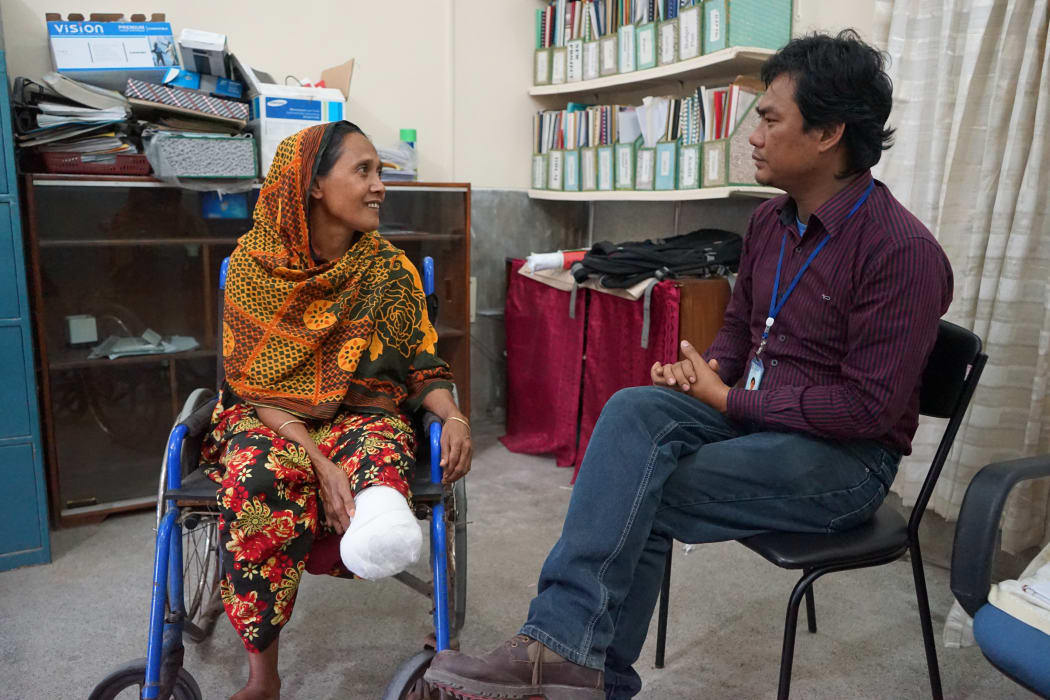
Giving Back - Leprosy Mission NZ in Bangladesh Photo: The Leprosy Mission New Zealand
Historical discrimination against people with leprosy in Bangladesh was legally sanctioned and sufferers could be arrested on sight. Finally on the 24th November 2011 the Bangladesh Government repealed the 1898 'Lepers Act' that segregated people with leprosy from society.
The disease is curable with a success rate of around 99% if sufferers are given a combination of drugs. Disability can be completely avoided if leprosy is diagnosed and treated early enough.
LMNZ has a long partnership in the Chittagong Region which has one of the highest prevalence rates of leprosy in the country. LMNZ have had a number of projects operating in Chittagong for the last 15 years or more and it's one of these projects that Bernard Gomez is taking part in.
A group of four volunteer Asian New Zealanders including Ataur Rahman (the Hon Consul for Bangladesh) have just arrived in Bangladesh this month to bring aid to leprosy sufferers as part of New Zealand’s Leprosy Mission. This pilot programme is a first for the Ministry of Foregn Affairs and Trade (MFAT) to support Asian volunteers.
It’s part of a new ‘super diversity’ trend in NZ Aid and Development but for the four Asian volunteers, it’s much more personal because the group are working for The Leprosy Mission, there to give back to their home country.
Who’s going and how will they help? Just before their departure Justin Gregory attended the Leprosy Mission HQ in Auckland to learn more. Introductions were facilitated by LMNZ Board member Phil Johnstone, who is currently in Bangladesh with the group.
Bernard Gomez works at the Office of Ethnic Communities as a Senior Diversity Advisor, (Department of Internal Affairs). As a community leader, Bernard's connections with the Bangladesh community and his previous experiences working with NGO's such as World Vision on the ground in Bangladesh made him an invaluable member of the group but this was Bernard's first time to work with leprosy. He tells Justin he has learned a lot about the disease and just how much stigma surrounded it.
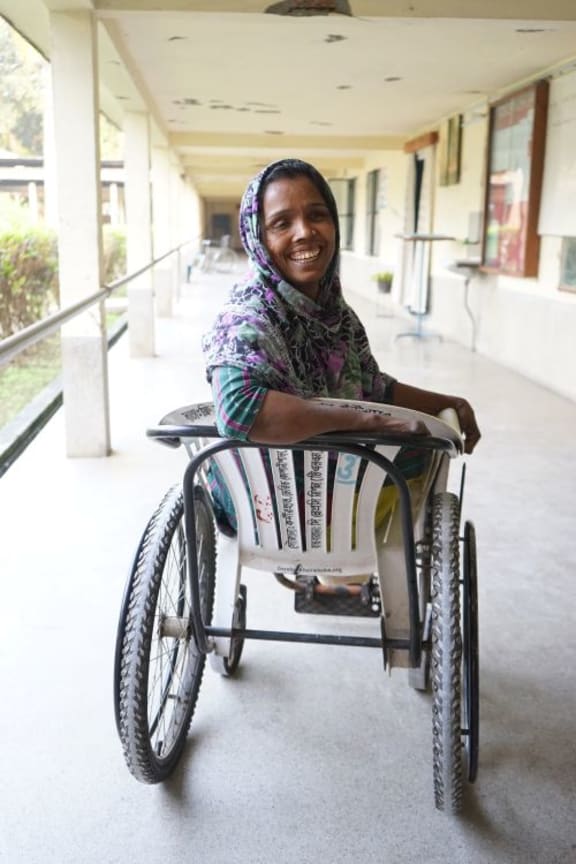
Giving Back - Leprosy Mission NZ in Bangladesh Photo: The Leprosy Mission New Zealand
Brent Morgan (Executive Director,Leprosy Mission New Zealand) tells Justin that the LMNZ has been working in Chittagong for the last 15 years, particularly with sustainable micro-enterpriose development projects.
LMNZ works with groups of leprosy survivors who have been marginaised from their communities, to enable them to find meaningful work to lift them out of dire poverty. The overall aim of the project is better quality of life through sustainable economic living and social inclusion for the 3800 approx disabled/marginalised/excluded poor people being targeted. The Leprosy Mission works in partnership with a Cooperative association that comprises federations of these self-help groups.
The leprosy mission provides funding and lots of support and works closely with the partner organisation as it sets up the self-help groups etc. Titled the Chittagong People-Led Development Project, it's funded by Leprosy Mission supporters in NZ and gets match funding from the New Zealand Government.
LMNZ also educate local communities about the disease, helping overcome stigma and superstitions surrounding it. They encourage the communities to embrace the leprosy survivors and bring them back into the families and neighborhoods.
Dr Bashir Ahmed is a GP and owner of the St Lukes Medical Centre, Auckland. As a Bangladeshi he was asked to return home share both his medical knowledge but also his entrepreneurial knowledge in the medical business. Dr Bashir tells Justin that he aims to return to do more voluntary work in the future.
The only woman in the group is Purabi Bhuiyan. Purabi has had plenty of experience working with NGO's and the UN in the Asian regions, but particularly in Bangladesh. Chittagong is also her home city. Growing up there as a child she tells Justin that she also had to overcame her own childhood prejudices against leprosy.
Women sufferers of leprosy have had to face double stigma and prejudice. How difficult is it to work for the marginalsied within the marginalised?
Purabi's background and education has focused on women's rights, health and well-being in third world countries, but her expertise also covers micro-enterprise development.
Purabi is very keen to keep utilsing her skills in Chittagong. She is optimistic about the growing awareness of women's rights in Bangladesh.
She tells Justin that she sees the motivation to improve living standards and to speak out against inequity amongst women as growing too. She believes that it starts with the women, especially when women educate their own family members from within their communities.
Other Leprosy Mission New Zealand Projects:
Chittagong Sustainable Development Project (CSDP)-provides leprosy-affected individuals and their families with the skills and knowledge they need to take control of their own lives.
Chittagong Hill Tracts Programme- helps to reduce the prevalence of leprosy and ensures leprosy-affected families have access to vital health services, education about self-care and skills training so they can lift themselves and their communities out of poverty.
Archival audio supplied by Ngā Taonga Sound & Vision.
